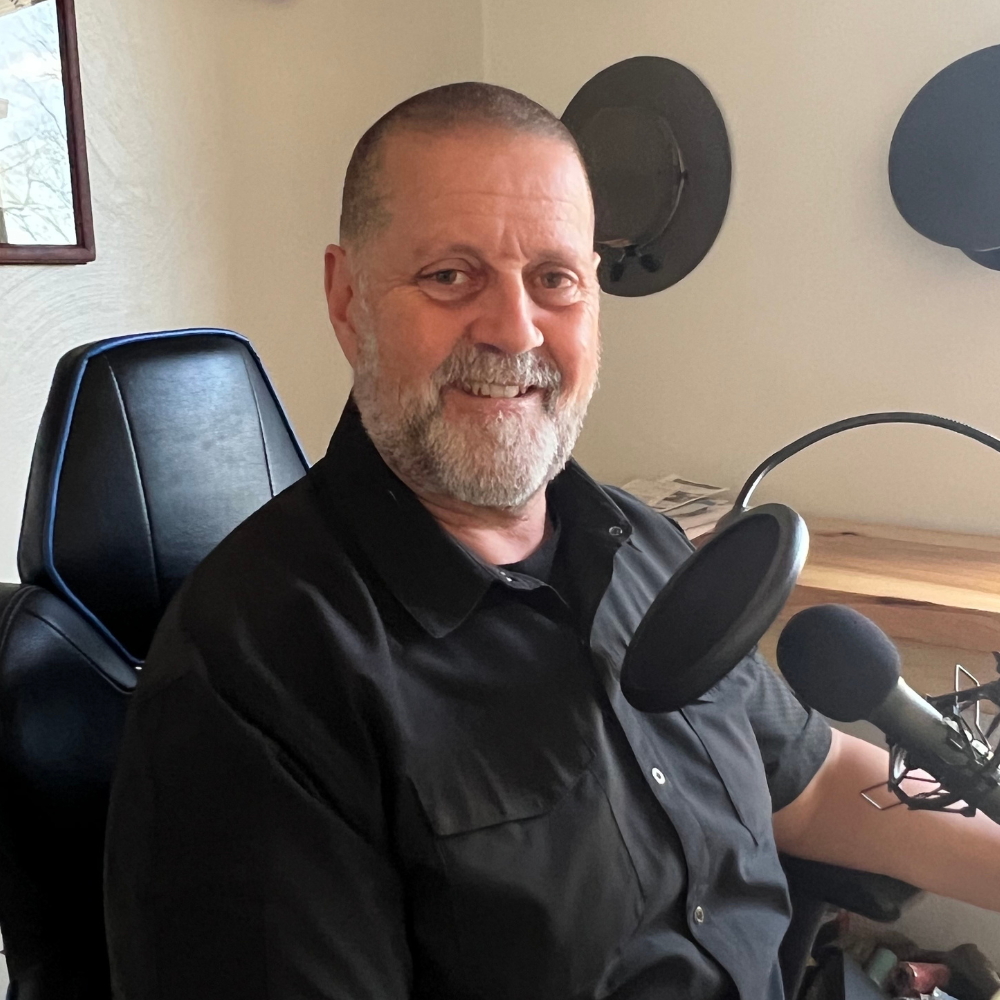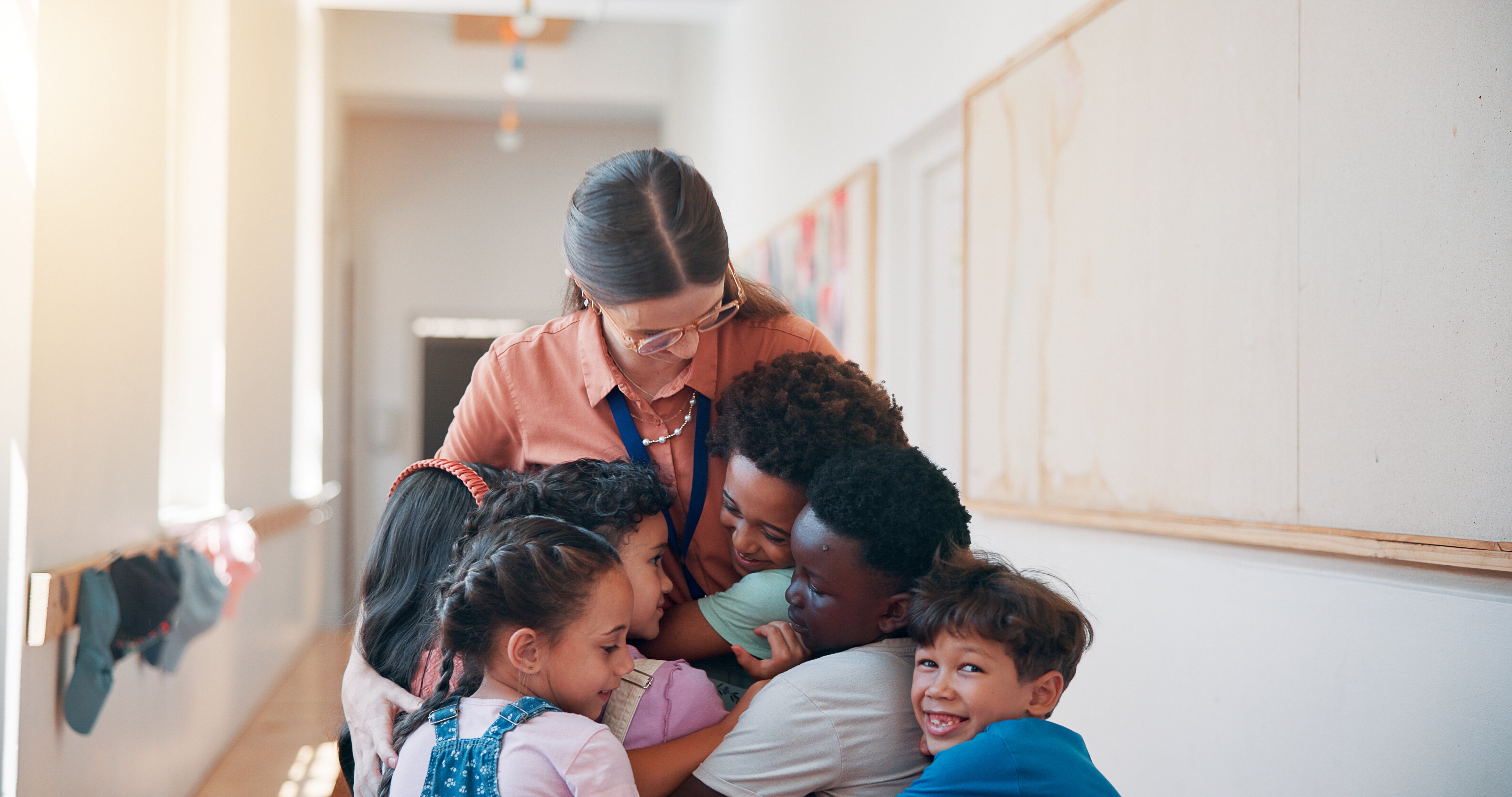As we [CrisisGo] were planning this series back in late November and early December 2022, we all thought we would be discussing the importance of relationships and how important it is to this topic, but none of us thought I would be writing this on Valentine’s Day. A day where we celebrate lasting relationships that we have developed and nurtured to be “life-long” relationships that are meant to be mutually beneficial to all parties involved. As for me, I recently celebrated my 35th wedding anniversary. Was it easy? No! Was it worth it? Absolutely! Was it a 50/50 shared relationship? Absolutely not! Were there times when we didn’t like each other? Again, absolutely! Then how did we make it work (thus far)? And I use the parenthesis to mean this is still an ongoing process and we are still working on making it work. Which is also the answer to the last question; we are still working together on making it work for all of us. I say all of us, because the success, or failure, of our relationship has an impact on more than just the two of us. The reason I give you this part of my story is because it demonstrates how much work goes into a relationship (partnership) that we want to succeed. Now look at those relationships that are absolutely necessary to establish for your safety and the safety of your organizations; even if you have political and/or philosophical differences. Oh, did I mention that we are almost polar opposites politically? Yet, we still make it work and have for more than 38 years in total.
In keeping with this theme, finding and creating is much like dating. If you are looking for the right relationship, you have to know what characteristics you are looking for and where you might best find those people. You have to go to those areas and introduce yourself and explain what you are looking for. Now this is the point where the reference to dating will likely end. That is because this is not going to a monogamous relationship that you are entering into. You need to look for partners who have special skills, skills that enable you to succeed that only they can perform. These are professional skills and other skills they possess that are beneficial to you. If you want to relate this to the traditional relationship, it is like knowing a good carpenter or plumber, because your partner can’t or won’t do those things. Or worse yet, they try to do those things and you end up calling the professionals anyway (speaking from experience). There are many people who possess the skills, knowledge and experience to help you with most of your needs during this process. While you should not just expect them to handle your obligations for you, they will certainly make this process much easier and efficient for you.
While there are many partners (and their organizations) that you should be engaging, we will focus on just a few. Once you understand this process, then you should be able to identify those other organizations that can help you accomplish your primary objectives. Remember we are working through the three pillars of school safety (Systems, Policies, and People), as well as, the national emergency preparedness guidelines (prevention/mitigation, preparedness, response and recovery). The four primary partners we are going to explore here are the fire/rescue service, the law enforcement agencies, hospitals and mental health agencies. While we will only look into these four partner categories, we will look into other partners as needed and when appropriate in future blogs and podcasts. In this blog we will focus on two primary areas with these partners: How they can help and who are the right people to contact.
- Fire/Rescue
Depending on your community and how the fire/rescue services are provided, you may be working with either a full-time professional agency, a volunteer agency, an agency that has both full-time and volunteer firefighters, or your organization may have any combination of these iterations. Part of this process is to know and understand your resources and how they are structured, because this may have an impact on their response capabilities. While they have many capabilities that will be important to your success, the person(s) whom you will need to collaborate with will vary depending on the size and capabilities. Start with the person who is in charge (on-duty) at the local fire station who can point you in the right direction; community outreach, planning, operation, etc. They will be able to assist you with the following tasks, among other things:
- Emergency plan development and review
- Drills and exercises
- Map development
- Training: ICS, First Aid and CPR, etc.
- Unified Command (We’ll talk more about this in the future)
- Initial response and medical/rescue operations on scene
- Law Enforcement Agencies
While there are too many different agencies that fall under the law enforcement umbrella (Federal, State, County, and Municipal), let’s focus on those agencies who are likely going to be the first responders to your incident. Again, depending on your locality and the status of your political subdivision (district, city, county, etc.), this can range from police, sheriff, state police, etc. The location of your organization can also impact the capabilities of your law enforcement’s response, and their initial response capabilities. When contacting your local law enforcement agency, the first response agency, I would contact the person who is most familiar with you and your organization. Present your goals and objectives and ask them who the correct person would be to assist you. Understand that while the SRO may be the person you are most familiar with, they may not be the best person to work with. If we are constructing a solid safety program, they will be able to assist you to a point, but will likely not have the authority to create plans, policies and other aspects of your program that impact anyone outside of your building. Here is how most law enforcement agencies can help:
- Emergency plan development and review
- Drills and exercises
- Map development
- Training: ICS, First Aid and CPR, etc.
- Unified Command (We’ll talk more about this in the future)
- Initial response and security/safety operations on scene
- Hospitals
Hospitals are often left out of the planning process and is the main reason I am addressing them here. Hospitals are of course a very crucial component to most emergencies we will encounter. Now I am using the term “hospital” as a general term. That being said, we should be aware of the many levels of care facilities which fall under this general category. Knowing what is immediately available will determine your actions and how your plan should be created. Most hospitals and care facilities have a person who has been designated to help the community plan for emergency services related to their specific functions and capabilities. It has been my experience that the community outreach group has been very helpful. They will be able to help your planning team with the following:
- Emergency plan development and review
- Drills and exercises
- Facility capabilities and services
- Training: ICS, First Aid and CPR, etc.
- Unified Command (We’ll talk more about this in the future)
- Patient care, parent notification procedures and status, etc.
- Mental Health Agencies
While there are many private services available, contacting your public mental health services will be the best place to start. Contact their publicly accessible number, explain who you are and what you are needing, and they will be more than happy to assist. They will assist you with much of the emotional support and recovery phases to your operations.
- Bonus Partners
While in the partner development process, consider and explore these other beneficial partners: governmental organizations, community and faith based organizations, anyone who has access and/or control of buildings and facilities that may be beneficial to your operations.
In the partnership building process it is important for you to make that first step. Most of these partners are all too willing to help you with your needs, they just need to know that you need help. When you think about it, most of these partner agencies are response agencies, responding to requests for assistance. Make that call and ask for assistance.












(2)